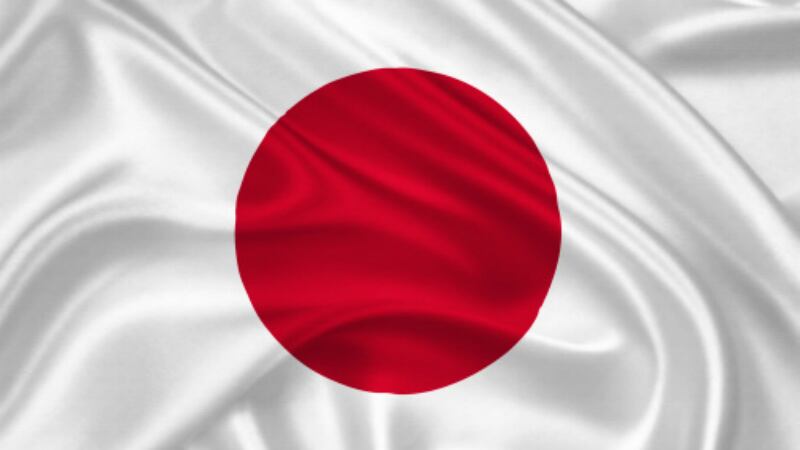Calorie crash: Kirin launches immune care probiotic drink in Japan with 50% less calories
Kirin has introduced a version of its immune care probiotic drink with 50% less calories, claiming to make it more accessible for health-conscious consumers without compromising on taste.
The product is available in convenience stores and supermarkets alongside the original Kirin Oishii Immune Care launched earlier this year.
Ikuyo Yogo from the corporate communications department at Kirin said that the new version aims to widen product access to calorie- and sugar-conscious consumers.
‘Still many untapped markets’: Japanese Shochu distillery sees greater potential for export growth
Hamada Syuzou recently launched its craft gin that introduces local botanicals to its traditional alcoholic beverage range, and says that high-quality ingredients alongside its product versatility can drive greater global appreciation for Japanese-made spirits.
The premium craft gin product, known as SASSHU gin premium craft spirits, was released in May, and is set to export to China, Taiwan, Hong Kong, Singapore, France, the UK and US from August.
Growth Asia Summit 2023: Updated Advance Programme published - more info on keynotes from Nestle, Danone, Suntory, Amway, Mondelez and more!
The updated Advance Programme for Growth Asia Summit 2023, detailing more information on our stellar line-up of industry speakers has been released.
Under the theme of Trends and Innovation Opportunities Across the Life Stages, the summit will explore the latest market opportunities across the region that are driving growth of the food, beverage and nutrition industries in Asia.
The summit will take place at Singapore’s Marina Bay Sands from 26-28 September 2023.
Japan GM foods: 2022 data highlights ‘continued stability’ of genetically modified crops locally – government study
New Japanese government data has found that local genetically modified (GM) food crops have shown no evidence of posing risk to surrounding biodiversity in the past year, strengthening the argument for these to become a bigger part of the local food supply.
As the market with the lowest self-sufficiency rates among all developed markets globally, Japan has long faced a dilemma between addressing the concerns of consumers and local groups regarding potential food safety issues and impact on local biodiversity; and introducing GM foods on a larger scale in order to address food security issues.
The local Ministry of Agriculture, Forestry and Fisheries (MAFF) has been conducting studies on GM food crops, including soybeans and rapeseed, since 2006.
Upgrading umami understanding: Ajinomoto lauds new Japanese study on amino acid potential to reduce consumer salt intake
Amino acid specialist firm Ajinomoto has lauded the findings of a new Japanese study that highlighted the potential of umami ingredients, such as various glutamate-based substances, to reduce consumer salt intake and improve public health.
Sodium reduction has been of particular concern in Japan due to the nature of many local staple foods being highly dependent on salt for flavouring, including soy sauce, miso, and processed meats.
The study findings suggested that approximately 60% of Japanese adults would be able to achieve the national dietary goal of 8g/day salt intake via the sodium replacement strategy.





